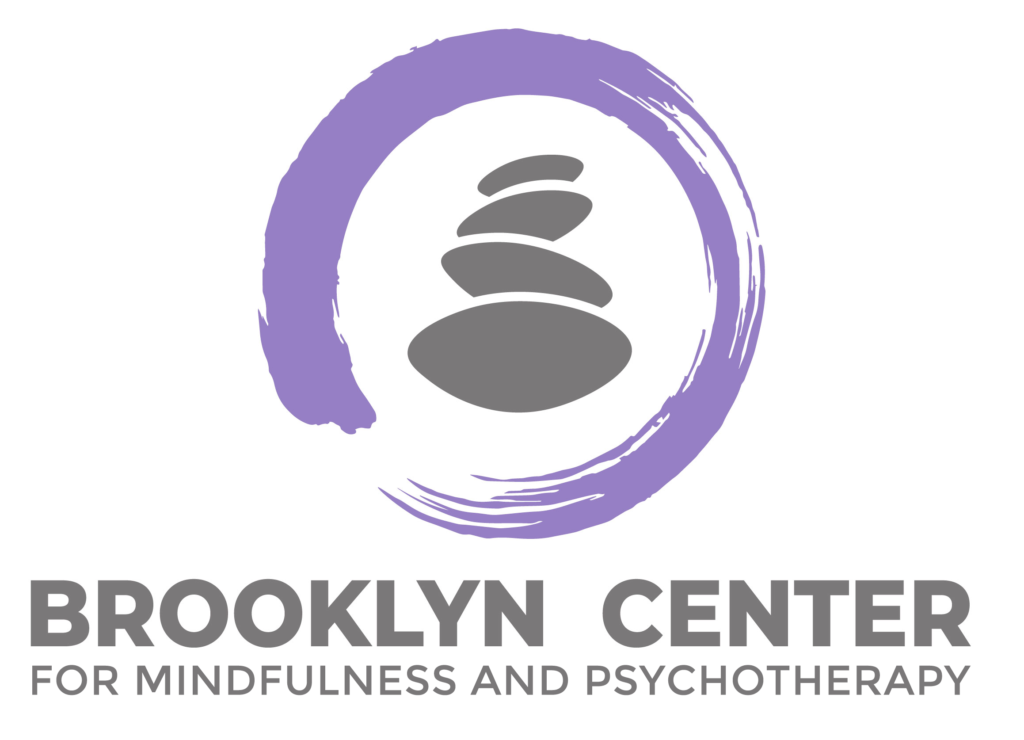Welcome to our blog, where we delve into the crucial topic of supporting loved ones with mental health challenges in the bustling city of New York. Being a caregiver to someone facing mental health issues can be overwhelming, but it is an essential role that requires compassion, understanding, and valuable resources. In this article, we will explore practical tips and strategies to help you navigate the complex journey of supporting your loved one’s mental well-being, ensuring they receive the care and support they need to thrive in the vibrant metropolis of New York.
What is a Mental Health Challenge?
Mental health challenges are a range of conditions that affect a person’s emotional, psychological, and social well-being. In New York City, mental health challenges are a significant concern, with many individuals facing barriers to accessing quality care and support. These challenges can include anxiety disorders, depression, bipolar disorder, schizophrenia, and substance abuse disorders. The city has implemented various programs and initiatives to address the issue of mental health, such as increasing access to mental health services and resources through community-based organizations and healthcare providers. It is essential for individuals who may be experiencing mental health challenges to seek help early on to receive proper treatment and support.
Types of Mental Health Challenges
Mental health challenges are prevalent in New York and many other areas worldwide. There are several types of mental health challenges that individuals may face in New York City. One common mental health challenge is anxiety. Anxiety disorders can range from generalized anxiety disorder to panic disorder and social anxiety disorder. These disorders can cause individuals to experience excessive worry, fear, and nervousness, which can interfere with their daily lives.
Another common mental health challenge is depression. Depression is a mood disorder that can cause individuals to feel sad, hopeless, and uninterested in activities they once enjoyed. It can also cause physical symptoms such as fatigue and changes in appetite or sleep patterns. Finally, substance abuse is another mental health challenge facing many in New York City. Substance abuse disorders can involve drugs or alcohol and can significantly impact an individual’s psychological and physical health. Seeking treatment for substance abuse is crucial for recovery and overall well-being. It is essential to recognize that mental health challenges are treatable conditions. Seeking professional help from a therapist or mental health provider can help individuals manage their symptoms and improve their overall quality of life.
Effects of Mental Health Challenges
The effects of mental health challenges can be far-reaching, impacting the individual and their family members, friends, colleagues, and communities. Mental illness can lead to social isolation, financial difficulties, and employment problems. It is also associated with increased rates of substance abuse and suicide.
Despite these challenges, resources are available to help those struggling with mental health issues in New York. From community-based organizations to mental health clinics and support groups, there are many ways for individuals to access support and care. Additionally, efforts are underway to improve access to mental health services and reduce the stigma surrounding mental illness. By working together as a community, we can help ensure everyone has access to the care they need to live healthy and fulfilling lives.
Signs that a Loved One is Struggling with a Mental Health Challenge
Recognizing the signs that a loved one is struggling with a mental health challenge is crucial to provide them with the support they need. Here are some common signs that a loved one may be working with a mental health challenge in New York or elsewhere:

- Changes in behavior: Noticeable changes in their behavior, such as withdrawal from social activities or hobbies they used to enjoy, isolating themselves, or a significant decrease in motivation and energy levels.
- Emotional instability: Frequent or extreme mood swings, prolonged sadness, unexplained anger or irritability, and feelings of hopelessness or worthlessness.
- Changes in sleep patterns: Significant disruptions in sleep, such as insomnia or oversleeping, difficulty falling or staying asleep, or changes in their overall sleep routine.
- Appetite and weight changes: Drastic changes in appetite or weight, either significant weight loss or weight gain, without an apparent medical reason.
- Neglecting personal care: A decline in personal hygiene or a lack of interest in grooming and self-care activities can indicate mental health struggles.
- Substance abuse: Increased reliance on drugs or alcohol to cope with emotional distress or escape their problems.
- Difficulty concentrating: Trouble focusing, making decisions, or remembering things that were previously not challenging for them. They may appear distracted or forgetful.
- Physical symptoms: The presence of unexplained physical symptoms such as headaches, stomachaches, back pain, or frequent fatigue, which may have no apparent medical cause.
- Expressing feelings of hopelessness or suicidal thoughts: Verbalizing thoughts of self-harm, suicide, or telling a pervasive sense of hopelessness and despair.
- Social withdrawal: Avoiding social interactions, declining invitations to events or gatherings, or feeling detached from family and friends.
How Can Caregivers Support Their Loved Ones With Mental Health Challenges?
Caring for a loved one with mental health challenges can be a demanding and emotional journey. By adopting a compassionate and proactive approach, caregivers can make a significant difference in their loved one’s mental well-being. Explore practical strategies for caregivers in New York to support their loved ones with mental health challenges.
- Seek professional guidance and encourage treatment: One of the most crucial steps a caregiver can take is encouraging their loved one to seek professional help. New York has a vast array of mental health resources, including therapists, psychiatrists, and support groups. Research local mental health providers and offer assistance in finding the right professionals who can address your loved one’s specific needs. Accompanying them to appointments can provide emotional support and ensure they feel heard. Encourage consistency in treatment, as mental health challenges often require ongoing support. By actively advocating for their loved one’s mental health, caregivers in New York can play a vital part in their journey toward recovery.
- Foster open communication and create a supportive environment: Maintaining open lines of communication is essential when supporting a loved one with mental health challenges. Create a safe space where they feel comfortable expressing their thoughts and emotions without judgment. Active listening and empathy are essential, allowing caregivers better to understand their loved one’s experiences and challenges. Please encourage them to share their feelings and validate their emotions. In a bustling city like New York, caregivers can also help reduce stress by finding moments of tranquility, whether exploring parks, engaging in mindfulness activities, or connecting with support networks in the community. By fostering an environment of trust and support, caregivers can help their loved ones feel less alone in their mental health journey.

Tips for Supporting Loved Ones with Mental Health Challenges
Supporting loved ones with mental health challenges in New York or anywhere else requires compassion, understanding, and a willingness to help. Here are some tips to assist you in providing support:
- Educate yourself: Learn about the specific mental health challenges your loved one is facing. Understand the symptoms, treatments, and available resources in New York. This knowledge will enable you to offer informed support.
- Encourage professional help: Suggest that your loved one seeks professional assistance. Please encourage them to see a licensed therapist, psychologist, or psychiatrist in New York. Offer to help them find suitable mental health providers or accompany them to appointments if they are comfortable.
- Promote open communication: Create a safe space for your loved one to express their feelings and concerns without judgment. Please encourage them to talk about their experiences and listen actively and empathetically. Let them know you are there for them and willing to listen whenever they need to speak.
- Be patient and understanding: Recovery from mental health challenges takes time. Be patient with your loved one’s progress and setbacks. Understand that their journey may have ups and downs, and offer your support consistently.
- Offer practical assistance: Help your loved one with practical tasks that may feel overwhelming for them, such as making appointments, managing medications, or accompanying them to support groups or social activities.
- Encourage self-care: Encourage your loved one to prioritize self-care activities that promote mental well-being. This can include regular exercise, healthy eating, sufficient sleep, engaging in hobbies, and practicing relaxation techniques like meditation or deep breathing.
- Reduce stigma: Work together to reduce the stigma surrounding mental health challenges. Encourage open conversations and educate others about the importance of mental health awareness and acceptance.
- Stay informed about local resources: Familiarize yourself with mental health resources available in New York. This can include helplines, support groups, community centers, and mental health organizations. Share this information with your loved one and assist them in accessing these resources if needed.
- Take care of yourself: Supporting someone with mental health challenges can be emotionally demanding. Make sure to prioritize self-care and seek support from friends, family, or professionals if necessary. This will enable you to be more effective in supporting your loved one.
- Encourage a holistic approach: Encourage your loved one to adopt a holistic approach to their mental health, including therapy, medication if prescribed, healthy lifestyle choices, and social support. If interested, help them explore alternative therapies such as yoga, meditation, or art therapy.
Conclusion
In conclusion, being a caregiver for loved ones with mental health challenges can be rewarding and demanding. It is essential to remember that you are not alone in this journey and that support is available. Brooklyn Mindful in New York offers a range of resources and services to assist caregivers in their vital role. Whether seeking professional guidance, attending support groups, or practicing self-care, remember that taking care of yourself is equally important. Reach out to Brooklyn Mindful today and discover the valuable support system that awaits you. Remember, by nurturing your well-being, you empower yourself to provide the best care for your loved ones.






